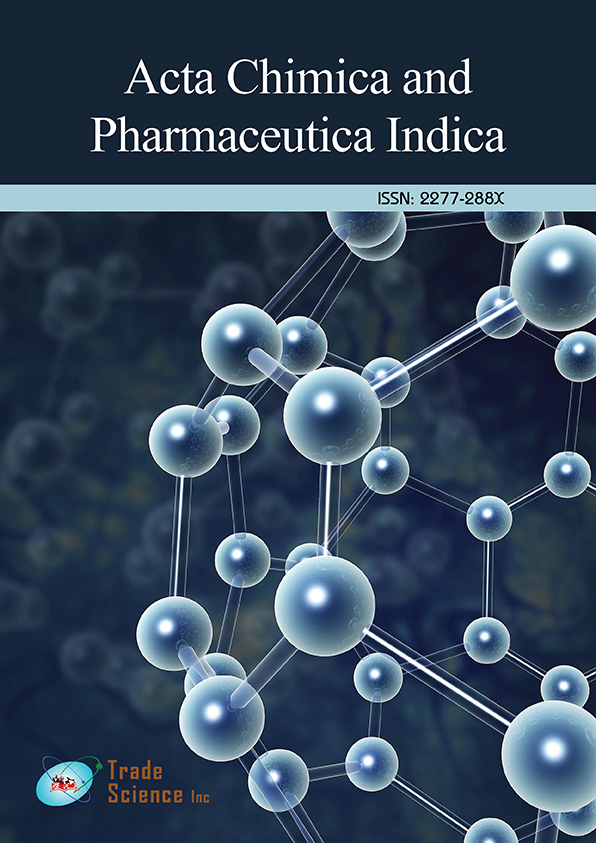Abstract
Lung Inhalation of Biologicals using Nanotechnology
Author(s): Imran SaleemThe pulmonary route has been encouraged by the large surface area of the lungs with the thin epithelial membrane and dense vasculature making the lung delivery a suitable route of administration of biologicals for local or systemic targets. Delivery of biologicals (such as therapeutic proteins, vaccines, genes etc.) to the lungs has many challenges: for example, overcoming the barriers at sites of administration and action, recognition and elimination by immune system, stability of the drug. Nanoparticles provide platforms to overcome these challenges of biopharmaceuticals with better outcomes. However, nanoparticle formulation methods face many challenges and is a critical factor, which can affect their physicochemical properties on the pharmacokinetics or the therapeutic effects. We have developed polymer-based nanocarrier systems incorporating biologicals (miRNA, vaccine candidates, antimicrobial peptides). Furthermore, we have incorporated these into microcarriers using spraydrying technology suitable for lung delivery. We have managed to retain biological stability and activity of biologicals, and nanocarrier size following redispersion after spraydrying, and performed aerosolisation studies demonstrating suitability for lung delivery. We have applied the technology in the treatment and management of local lung diseases (COPD, lung infections) and vaccination.
